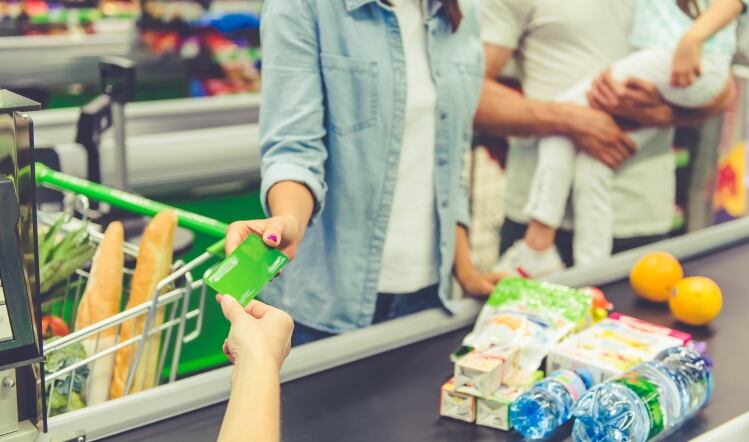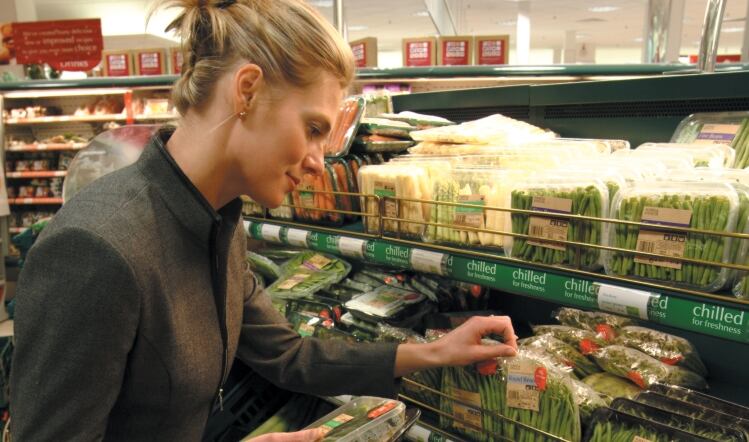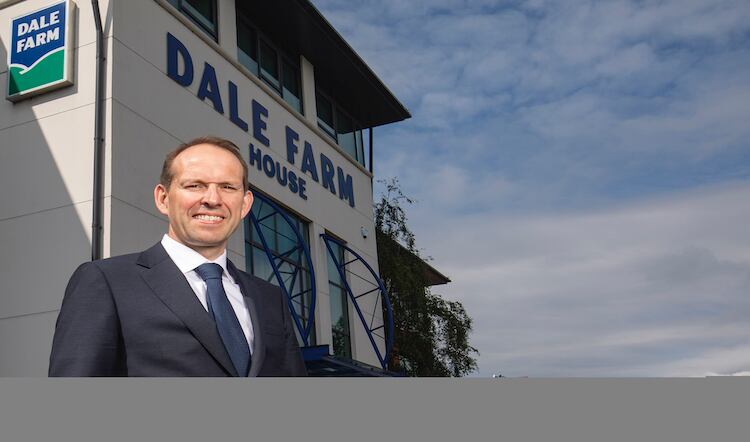The research and training charity predicted the food and grocery market would grow by 10% – from £19.1bn to £21.1bn – between 2019 and 2022.
Online retailers’ market shares would increase from 6.2% to 8.9%, taking home £7bn from consumers – a jump of 59.2%. By 2022, £1 of every £11 spent on groceries would be from online sales, IGD claimed.
Simon Wainwright, director of global insight at IGD, said: “We forecast e-commerce will gain market share faster than previously predicted, following the dramatic influx of new shoppers and bigger order sizes in 2020 as a result of COVID-19.
“While we expect growth to pause in 2021, it will later resume, with continuing expansion from Amazon and the launch of online operations by M&S through Ocado supplementing activity by the Big Four.”
The route to Ecommerce
Manufacturers have begun to embrace direct to consumer online portals to help keep stock on retail shelves, an issue that has been worsened by the outbreak of COVID-19.
Processors such as UGLY Drinks and Heinz have already turned to ecommerce in a global market set to reach £78.9bn this year.
Market share for discount retailers will also rise, from 12.8% to 14.6%, taking home an extra £6.3bn as of 2022. Leading the charge are Aldi and Lidl in what IGD described as what will be the fastest growing channel in 2021 and 2022.
“Though eclipsed by the surge in online sales in 2020, discount will be the fastest growing channel in 2021 and 2022 as unemployment climbs and shoppers across the income spectrum look to economise,” Wainwright added.
‘Scaling up operations’
“Store network expansion will enable this growth, with smaller store formats enabling Aldi and Lidl to boost their reach into urban areas and some variety discounters scaling up their grocery operations.”
The boost to online and discounters will come at the expense of the supermarkets, with their market share decreasing from 46.1% in 2019 to 42.3% in 2022. However, the big four – Tesco, Sainsbury, Asda and Morrisons – did see a boost in sales this year due to the pandemic.
As Wainwright explained: “Strong growth at the start of the pandemic – driven by shoppers stocking up and preferring spacious stores – has receded. After a boost to sales in 2020 from COVID-19, supermarket growth will turn negative by 2022.
“Retaining the loyalty of shoppers who switched to them at the start of the pandemic will be the priority for operators of large stores. Making stores easier to shop while also differentiating through their range and emphasising value will be vital as stores pivot towards more functional retailing.”





